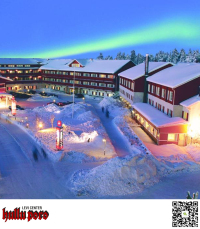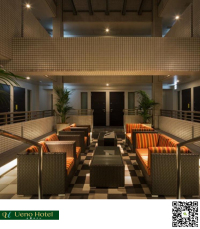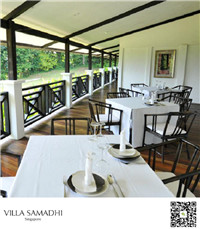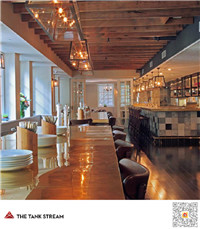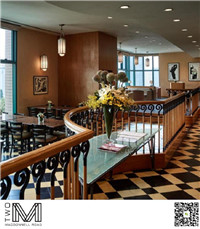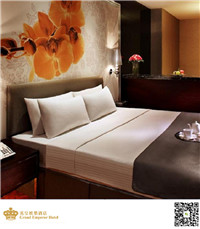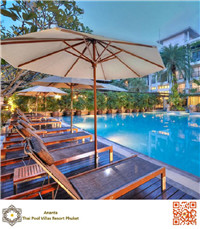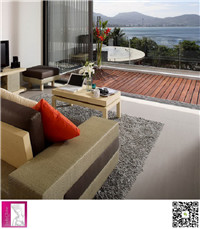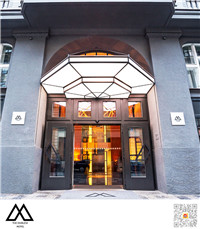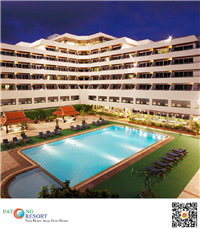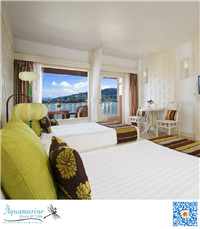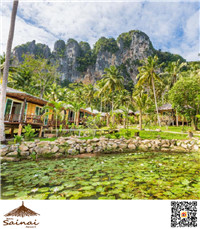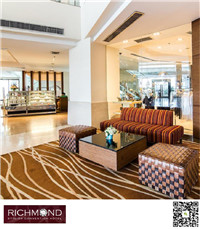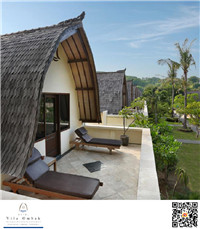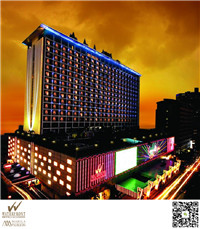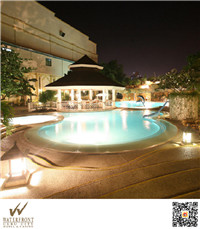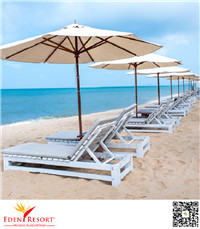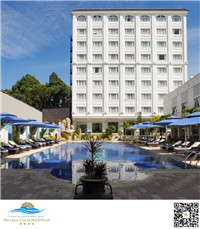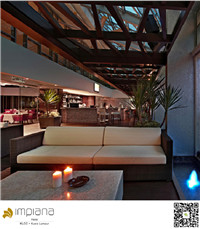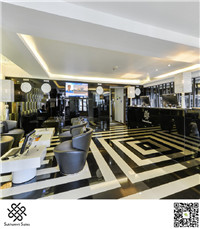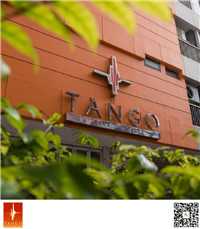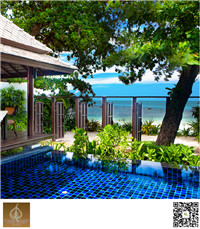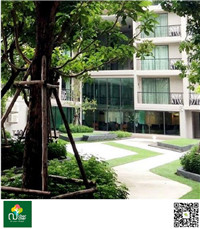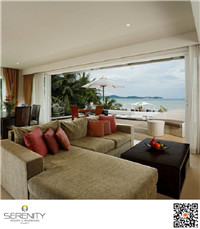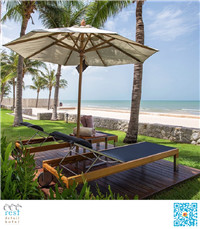Why hotels outside of China need to do more than just translate their website into Chinese.
There are tons of data showing the potential of the Chinese outbound market. In the first half of 2017, Chinese outbound tourism grew by +7.4% to almost 69 million, as per the latest China Outbound Tourism Research Institute (COTRI) statistics. Besides, international tourist arrivals in July and August 2017 totalled over 300 million for the first time ever, and the international tourism expenditure grew fastest in China (+19%), according to UNWTO.
Keen to tap into this booming Chinese FIT outbound market, many overseas independent hotels start with Chinese translated websites. However, many hotels are not seeing any results from this initiative. There are five (5) reasons why a translated website is not good enough for the China market.
1.A translated website is not a localised website for Chinese
China undoubtedly is a complex market with strong cultural differences from the west. A straight off translated website normally does not address the needs of Chinese and on the technical side, does not match with the search terms and keywords of what Chinese are looking for.
It is important to not just translate but understand the amenities Chinese valued, address the concerns Chinese have and to research how Chinese search in order to come up with the Chinese website.
2.A translated website may be Google oriented and not Baidu optimized
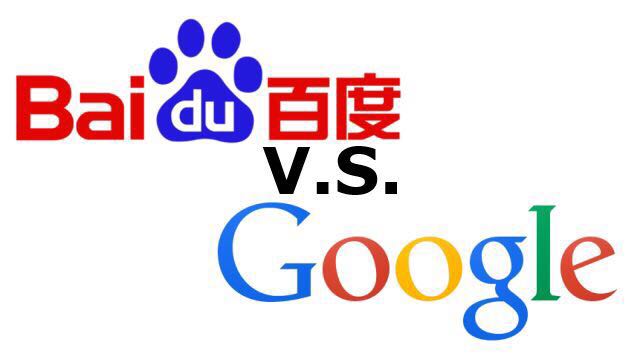
As Google is banned in China, the dominant search engine in China is Baidu. Normally western websites are built with Google guidelines. However Google SEO (search engine optimization) practice is different from Baidu.
Here are a few things Google SEO is different from Baidu SEO. For example, Google does not consider the depth of the website while ranking a page so even lots of lower level directory pages can be indexed well in Google. However, this is opposite in Baidu SEO. Baidu has a clear hierarchy on websites in which higher level page is preferred.
Besides, Google weight the relevance between links and contents whereas Baidu will count quantity and variety to rank the website high.
That is probably why many Chinese websites are stuffed with content on the home page and long pages with links on other pages and do not look “as good as” the western websites. Nonetheless, this will help in organic ranking to reach Chinese but a translated website may not.
Hat tips that Baidu SEO in many ways are different from Google SEO like longer reviewing and indexing process and it requires manual submission, etc. It is important to not treat translated website SEO in the same way as its official website.
3.A translated website will not have the Chinese website domain
The Chinese domain can only be acquired by China companies or via agencies. But Baidu favors websites with .cn as ending extension. In our experience, although Baidu will still rank all websites including sub-domains depending on content and marketing, an overseas translated website without the .cn domain will take much longer to rank well organically hence lowering the opportunities to be seen and searched by real Chinese.
4.A translated website hosted outside China has slow loading speed
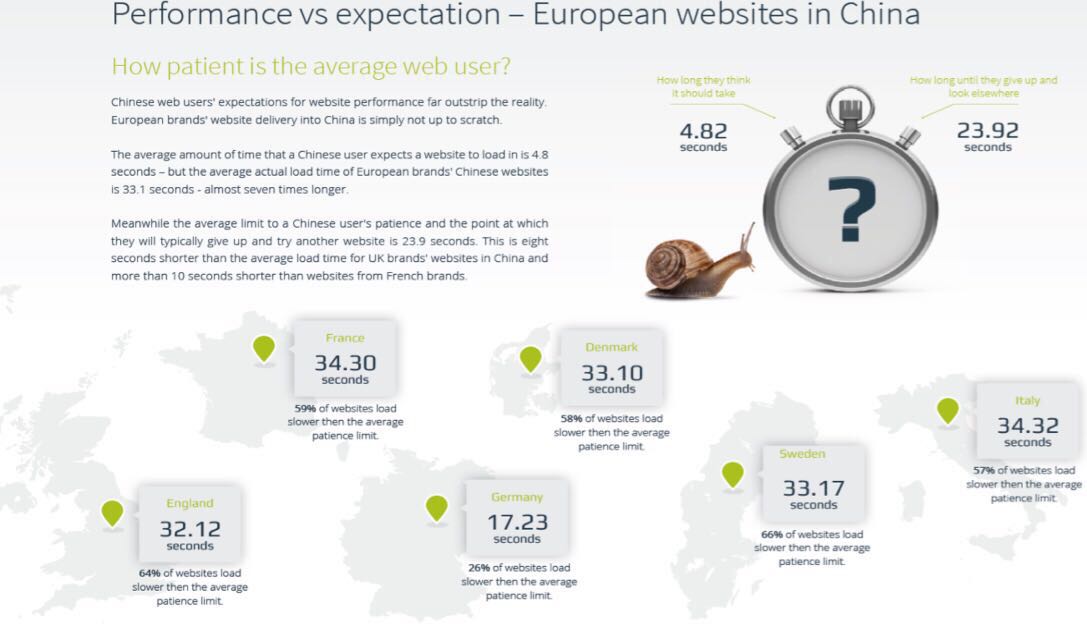
Due to censorship aka “The Great Fire Wall of China”, overseas translated websites will have a very slow loading speed. The average amount of time a Chinese expects to load in is 4.8 seconds but the actual load time of overseas Chinese translated websites can be around 30 seconds, leading 60% of Chinese less willing to access overseas hotels websites even they are in Chinese. A locally hosted website will enable fast loading speed which a translated website typically does not have.
5.A translated website may contain China-banned elements
Other than Google, FaceBook, Twitter, YouTube and many Google tools are banned in China. A translated website containing these China-banned elements will affect performance of the website from slow loading speed, missing sections in display to possible inaccessibility in China.
On the other hand, in China, they have their own platforms such as Weibo, WeChat and YouKu. Going beyond just translated website, an overseas hotel must reach Chinese via these social platforms. QR code is the “key” in China. Chinese social share plugins and services must be incorporated in the Chinese website to maximize exposure. Many times, a translated website does not got these covered.
Compass Edge is a company offering online solutions to independent hotels. It is a niche service provider offering cost-effective branding solutions for overseas hotels to establish an online presence for the booming Chinese FIT market. It can also provide customers with an Internet Booking Engine, meta-search integration, GDS distribution and Channel Manager in its portfolio of solutions.
This article was written by Anita Chan, CEO of Compass Edge. Anita has extensive travel industry experience, and has worked all over the world with leading companies such as Four Seasons Hotels and Delta Hotels, as well as in corporate offices and technology service providers. Before joining Compass Edge, Anita worked as Regional Director for a leading OTA in Asia, as Global VP for a leading digital agency, and as VP Asia Pacific for Small Luxury Hotels of the World.






